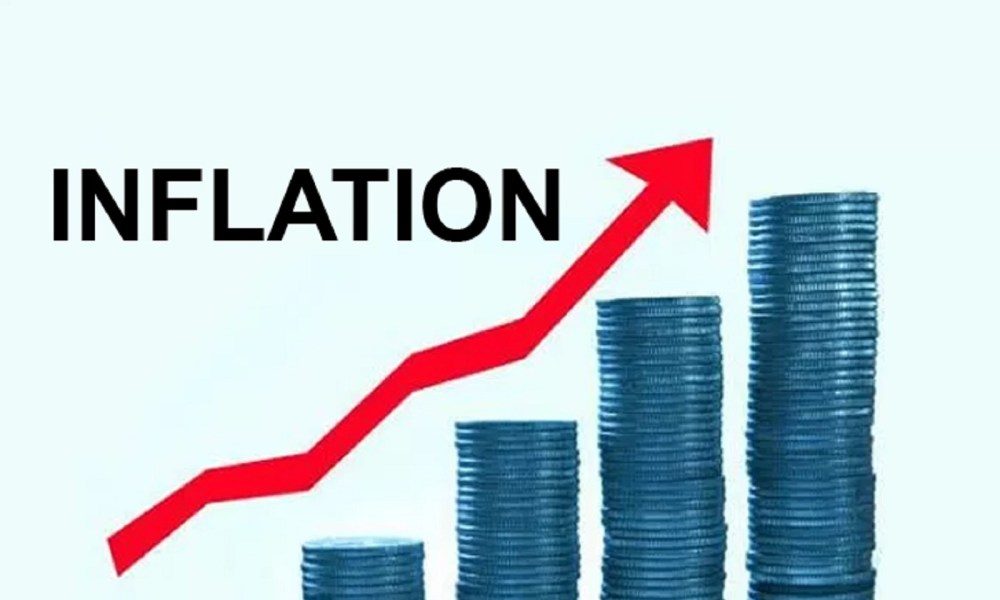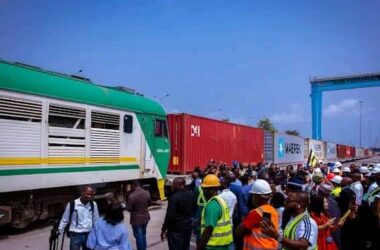As Nigeria grapples with an unprecedented fuel price hike, businesses across the country are facing increasing pressure to stay afloat. The rising cost of fuel, exacerbated by global energy crises and domestic challenges, is not only squeezing household budgets but also threatening the survival of small, medium, and large enterprises alike.
The removal of fuel subsidies, which once served as a buffer for consumers and businesses, has left the country exposed to volatile market prices. With petrol now costing more than double what it did just a few months ago, industries reliant on fuel—particularly transportation, manufacturing, and agriculture—are feeling the pinch.
Rising Operational Costs
For manufacturers, the cost of running machines and transporting goods has skyrocketed. According to industry experts, production costs have surged by up to 40% in some sectors. “We are facing a crisis,” said Abubakar Musa, a business owner in Damaturu. “Our profit margins have all but disappeared, and we are struggling to maintain operations. The cost of fuel impacts everything, from raw material transportation to powering our machines.”
Logistics companies, which form the backbone of supply chains, are also bearing the brunt. The price increase has translated into higher transport costs, leading to inflated prices for essential goods in the market. This cost escalation is being passed on to consumers, further straining an already economically stressed population.
Small Businesses Struggling to Survive
Small businesses, which form a significant portion of Nigeria’s economy, are particularly vulnerable. Many of these businesses rely on diesel or petrol generators due to Nigeria’s unreliable power supply. The sharp increase in fuel prices has raised the cost of powering businesses, often forcing owners to either scale back operations or raise prices, both of which could result in a loss of customers.
“We are at a crossroads,” said Olajide Adisa, who runs a barbershop in Lagos. “If I increase my prices to cover the higher cost of running my generator, I lose customers who can no longer afford my services. But if I don’t, I can’t keep the business running. It’s a no-win situation.”
The Impact on Agriculture
In the agricultural sector, which heavily relies on petrol-powered machinery and transport, the situation is equally dire. Farmers are finding it increasingly expensive to cultivate, harvest, and transport their produce. Kayode Salako, an agricultural expert, notes, “The cost of fuel impacts every stage of the agricultural process, from mechanized farming to getting food to markets. Farmers are now struggling to break even, which could lead to reduced food production and higher food prices in the coming months.”
Calls for Government Intervention
The business community has been vocal in its call for government intervention. Many are advocating for temporary relief measures, such as a reinstatement of some form of subsidy or tax relief for businesses hardest hit by the fuel price hike. The Manufacturers Association of Nigeria (MAN) has also urged the government to invest in improving Nigeria’s power sector, which could reduce reliance on fuel for power generation.
However, while the government has acknowledged the challenges, its focus appears to be on long-term solutions, such as encouraging investment in local refineries and renewable energy. This shift toward a sustainable energy future may take years to materialize, leaving businesses to navigate an uncertain landscape in the interim.
The outlook remains uncertain, with many businesses finding themselves at a critical juncture. If fuel prices continue to rise, companies will be forced to make difficult decisions, such as reducing staff, scaling back operations, or even shutting down entirely. The ripple effects of these actions will be felt throughout the economy, potentially leading to higher unemployment and inflation.
The fuel price surge has exposed the vulnerabilities in Nigeria’s energy infrastructure and economic policy. In the short term, businesses are on the brink, balancing survival with rising operational costs. Without swift and effective intervention, the country risks widespread business closures and economic hardship.
For now, businesses are left to adapt, innovate, and persevere in the face of mounting costs—hoping for relief as the country navigates these turbulent economic waters.
Speaking on this development, Oluwafemi Fagbemi, Economic Expert said, “he recent fuel price surge is pushing Nigerian businesses, particularly small and medium-sized enterprises (SMEs), to the brink of collapse. The economy is already grappling with inflationary pressures, and this hike in fuel prices is exacerbating operational costs across all sectors. Many businesses depend heavily on fuel for electricity generation due to the unreliability of the national grid. With fuel prices skyrocketing, the cost of maintaining operations has become unsustainable for many.”
Oluwafemi Fagbemi emphasizes that the ripple effect extends beyond direct fuel-related expenses. “Transportation costs have surged, affecting supply chains and logistics. Prices of raw materials have increased, which in turn impacts production costs,” he notes. This inflationary spiral leads to higher consumer prices, reducing purchasing power and further tightening the economic environment for businesses.
In Fagbemi’s view, without strategic government intervention—such as subsidies or tax relief—many businesses, especially SMEs, could face closure. The long-term economic consequences of this could be dire, with rising unemployment and a potential contraction in economic growth. Fagbemi advocates for immediate measures to stabilize fuel prices or mitigate the impact on businesses to avoid a full-blown economic crisis.









